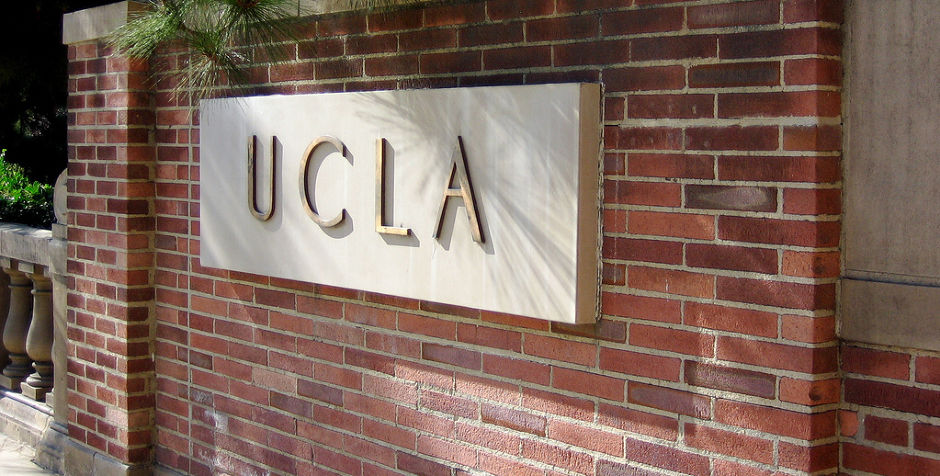Here’s One Way to Reach Scientific Consensus
Earlier this week, I posted about Dr. James Enstrom’s successful settlement of his lawsuit against UCLA. Long a dissenter against environmentalist scare-mongering, Dr. Enstrom sued UCLA officials (full disclosure: my colleagues and I at ACLJ represented him) after they fired him shortly after Dr. Enstrom discovered that new California regulations of diesel emissions were based on junk science advanced by a scientist with a fraudulent degree — a doctorate purchased from the fictional “Thornhill University.” Dr. Enstrom also discovered that the scientific review panel tasked with reviewing this science was stocked with ideologues who’d long overstayed mandatory term limits.
The case was hard-fought, with the university filing two motions to dismiss, followed by lengthy and grueling discovery. While the issues were largely constitutional (did the university fire Dr. Enstrom because of his constitutionally protected speech?), the constitutional dispute was motivated by a sharp “scientific” disagreement over the health danger of diesel particulate. I use the scare quotes because UCLA’s actions hardly reflected scientific ideals. Here’s an interesting excerpt from a deposition with Dr. Enstrom’s dean at the time of his termination (the questioner is an ACLJ lawyer):
Q: Okay. Do you have a general knowledge with regard to Dr. Enstrom’s research regarding diesel particulate matter?
A: Very general.
Q: Okay. What is your understanding with regard to his research . . . ?
A: My understanding is that Dr. Enstrom does not believe that diesel particulate is as injurious to the public health as does the mainstream scientific opinion.
Q: Okay. Do you understand that that’s based on his research?
A: I don’t know what his opinion is based on.
Q: And are you one who holds the mainstream opinion in that regard?
A: Yes.
Q: And what is your conclusion based on in that regard?
A: My conclusion is that diesel particulate does cause injury to human health.
Q: I’m sorry. I asked what is it based on? What is that opinion based on?
A: My opinion is based on science.
Note what happened here. The Dean of the UCLA School of Public Health admits that she only had “very general” knowledge of a dissenting scientist’s research — so general that she doesn’t know what his conclusions were based on, but still confidently declares her allegiance to the mainstream. Her opinion, you see, is based on “science,” while she has no idea how Dr. Enstrom — a researcher in her own school — came up with his conclusions.
This is exactly why the public should be suspicious of arguments based largely on appeal to “consensus” or the “mainstream.” Consensus is all-too-often created through censorship, suppression, greed, and opportunism.
Willful blindness to dissent is common in the academy, and scientists can be just as susceptible as the most ideological professors in the humanities. To take another example, in my trial last year on behalf of Professor Mike Adams, one of the most damaging moments for the university came when his department chair was forced to admit that she had negatively evaluated one of Dr. Adams’s books without bothering to read it. The jury visibly reacted both to the revelation and her persistent efforts to evade the truth.
Yet these professors can also influence public policy and public opinion largely by appealing to their own authority and the accumulated institutional goodwill of a major research university. Ultimately, however, they will destroy not just their reputations, but also the good work of previous generations of academics as once-respected universities sacrifice integrity for ideology.
After all, science that doesn’t consider dissenting views — that doesn’t even bother to familiarize itself with contrary research — isn’t science. It’s groupthink.
This article is crossposted on National Review.
